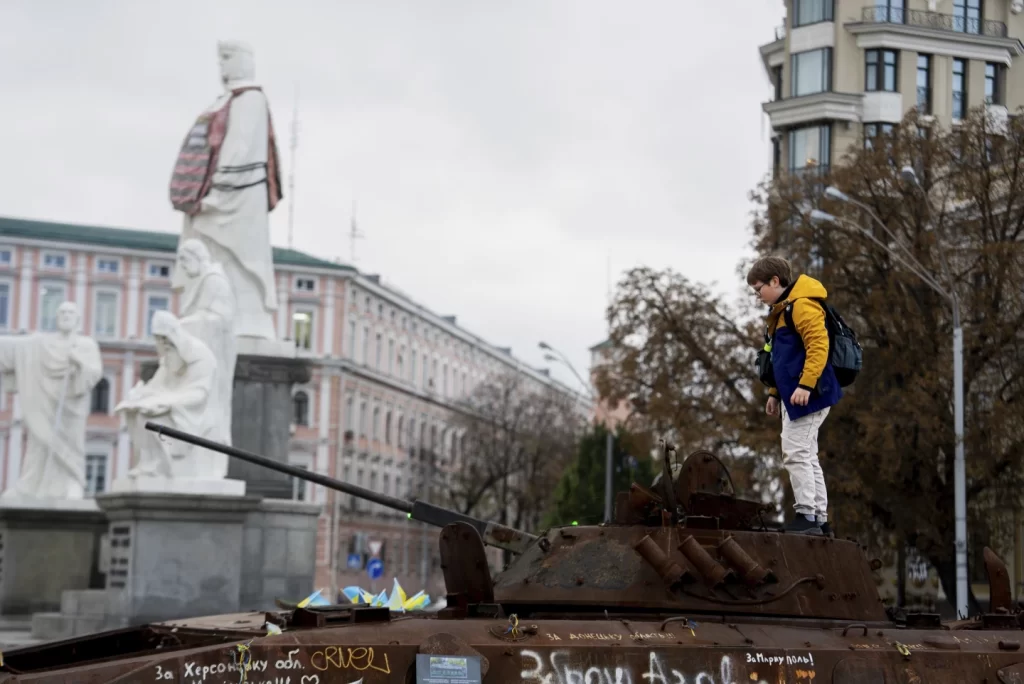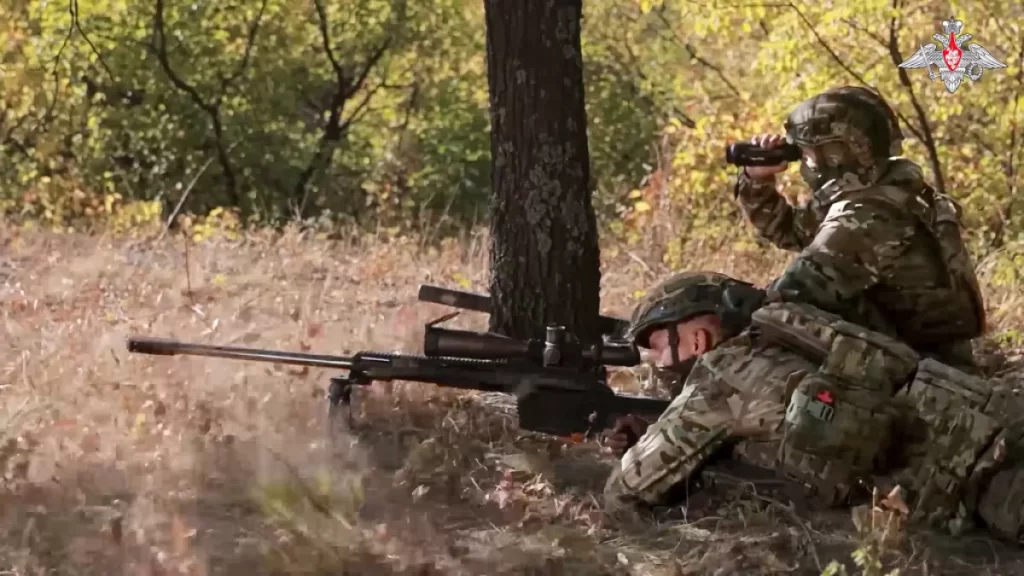Russian forces have reportedly captured the village of Levadne in Ukraine’s southern Zaporizhzhia region, marking a strategic gain as Moscow probes for weaknesses along the sprawling 1,000-kilometer (600-mile) front line before the onset of winter. The Russian military’s claim, announced Monday, underscores the ongoing territorial struggles in the 20-month-old conflict.

Levadne, initially seized by Russian forces during the early stages of the full-scale invasion that began on February 24, 2022, had been recaptured by Ukrainian forces during their counteroffensive in the summer of 2023. The village’s reported recapture by Russia highlights the fluid nature of territorial control in the region.
Ukrainian officials have not commented directly on Levadne’s reported capture. However, they had previously noted Russian troop buildup in the area and local assault activities at the end of last week. The silence from Kyiv on this specific claim aligns with their general policy of not immediately confirming territorial losses.
In a significant development, Ukrainian authorities reported no nighttime Shahed drone attacks on the country for the first time in about six weeks. This lull comes five days after Ukraine claimed to have struck a Shahed storage facility in Russia’s Krasnodar region, where approximately 400 drones were reportedly being kept. The absence of drone attacks, if sustained, could provide temporary relief to Ukrainian cities that have been frequent targets of these Iranian-made weapons.
President Volodymyr Zelenskyy, in his nightly address, revealed that he had been briefed on Russia’s autumn and winter plans for attacking Ukraine. He also alleged North Korean support for Moscow’s military efforts, a claim that adds another layer of complexity to the international dimensions of the conflict.

Zelenskyy announced plans to publicly present Ukraine’s victory strategy to its European partners, describing it as a plan to compel Russia towards a “just end to this war.” While details remain undisclosed, Zelenskyy emphasized that the strategy focuses on strengthening Ukraine both geopolitically and militarily before any dialogue with Russia.
The ongoing conflict has seen Russia illegally annex four Ukrainian regions, including Zaporizhzhia, in September 2022. Russian President Vladimir Putin has demanded the withdrawal of Ukrainian forces from these regions as a precondition for peace talks, a demand firmly rejected by Ukraine and its Western allies.
As winter approaches, military analysts like Oleksandr Kovalenko from the Kyiv-based think tank Information Resistance note that weather conditions will likely affect the use of drones, a crucial element in Ukraine’s military strategy. The onset of winter fog and rain could potentially alter the tactical landscape of the conflict.
In related developments, Ukraine’s Main Directorate of Intelligence claimed to have destroyed a Russian Tu-134 military transport aircraft at an airfield in Russia’s Orenburg region, showcasing Ukraine’s continued ability to strike targets deep within Russian territory.
Meanwhile, Russia launched a ballistic missile strike on port infrastructure in the southern Ukrainian city of Odesa, resulting in one death and eight injuries. The attack damaged grain storage facilities, cargo cranes, and port equipment, potentially disrupting Ukraine’s crucial food exports.



